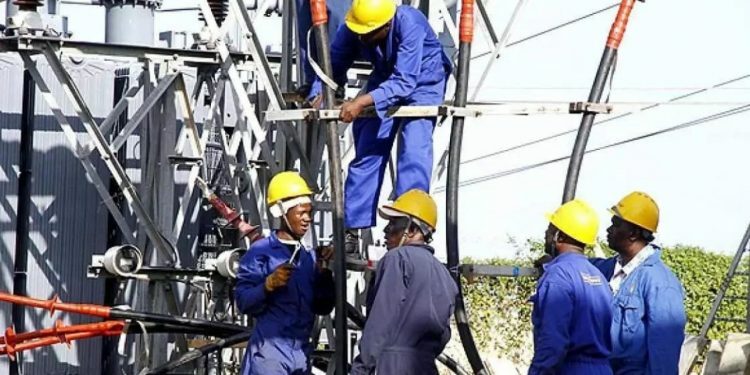Homes and businesses will pay 15% more for electricity starting Sunday after President William Ruto declined to extend a multibillion-shilling subsidy initiated by his predecessor, Uhuru Kenyatta.
Daniel Kiptoo, director-general of the Energy and Petroleum Regulatory Authority (Epra), stated that the 15% discount would not be extended beyond its expiry date of December 31, setting the stage for expensive electricity and putting pressure on the sky-high inflation.
President Ruto has been critical of Mr Kenyatta’s subsidies on items such as petrol and staple maize food, calling them unsustainable.
Some of the key challenges facing the new president include lowering the high cost of fuel and food, which has pushed inflation to a five-year high, as well as dealing with subsidy measures that policymakers warn could empty the country’s coffers.
“When the new government came in, it withdrew the support (subsidy) in August, and thus after the end of December, we will revert to the rates that were in place before January,” Mr Kiptoo said.
The KES 26 billion subsidy was intended to alleviate the cost of living crisis and boost economic growth by making energy costs competitive with other African countries such as Ethiopia, South Africa, and Egypt.
In recent years, the Kenyan government has attempted to increase investment in the power-hungry manufacturing sector. The cost of purchasing 200 kilowatt hours (kWh) of electricity per month fell from KES 5,185 in December to KES 4,373 in January as a result of the 15% reduction.
Those who consume 50 units per month and are subsidized by the government saw the cost drop to KES 796 in January from KES 945 in December, a 15.7 percent decrease. However, the 15% discount has since been offset by increases in foreign exchange and fuel adjustment surcharges on electricity bills.
The rise in fuel surcharge and forex adjustment costs has been blamed on the country’s shaky shilling and heavy reliance on diesel-powered generators to generate electricity due to low water levels in the country’s hydroelectric dams. Fuel import costs have risen due to the weak shilling.
In November, those who used 50 units per month paid KES 940, while those who used 200 units paid KES 4,948. This means that consumers who use 50 units per month will pay approximately KES 140 more, while those who use 200 kWh will need an additional KES 740 for their January power bills.
Electricity price increases will put pressure on prices throughout the economy as producers of services and goods factor in the higher cost of energy. This will be a setback for consumers, who are already dealing with historic high fuel and food prices as a result of the worst drought in 40 years. After the drought drove up food prices and energy costs, inflation fell by 9.4% last month.
Kenya Power lost KES 7.8 billion in annual revenue as a result of the KES 26 billion subsidy, Kenya Electricity Generating Company (KenGen) lost KES 3.5 billion, Kenya Electricity Transmission Company Limited lost KES 500 million, and Geothermal Development Corporation lost KES 346 million.
Kenyans missed out on the second phase of a 15% reduction in electricity bills after the Uhuru government’s pledge was transferred to the new administration.
The second tranche was contingent on the ‘big’ independent power producers lowering wholesale power prices and allowing Kenya Power to lower retail tariffs further. The state was unable to reach an agreement with the power generators for a lower charge.
Delays in negotiations with IPPs, as well as a lack of funds or financial commitment from the Treasury to cushion Kenya Power from revenue losses, stymied the second 15% cut. The funds are intended to protect Kenya Power from losses and to aid in the company’s profitability.
Private power producers, primarily owned by foreigners, have lobbied against the push to reduce wholesale tariffs.
OrPower 4 Inc, which has the largest private geothermal operations in Kenya and files disclosures with the US Securities Exchange, says the government has instead decided to review new power purchase agreements rather than renegotiate the old ones.
A typical power purchase agreement pays a power producer for any electricity produced, even if Kenya Power is unable to sell it to consumers.
Read Also: Electricity Prices Fall in November on Lower Forex Charge









